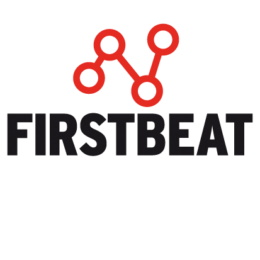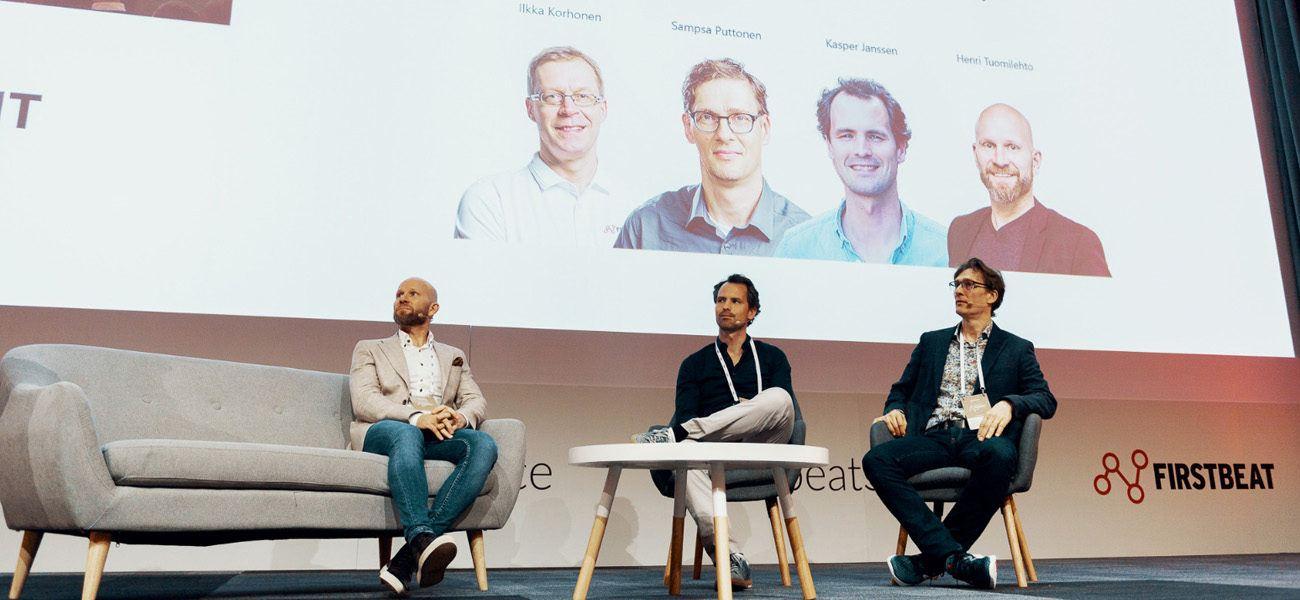
The annual Firstbeat HRV Summit brings together experts and top professionals from around the world to explore how analysis of heart rate and heart rate variability data can be deployed in new and better ways to help individuals reach their health and performance potential with science-backed confidence.
This year, the Firstbeat HRV Summit 2019’s Fitness & Training session welcomed a multi-national group of speakers. This included Firstbeat’s Tero Myllymaki discussing the science behind Firstbeat, Henri Tuomilehto of Coronaria Sleep Clinic on the importance of sleep and recovery, a look at the power of napping from Nap@Work’s Kasper Janssen, and a deep dive into recovery in 24/7 life from Sampsa Puttonen of the Finnish Institute of Occupational Health. A panel involving the three guest speakers and Firstbeat’s Ilkka Korhonen then discussed the role of technology in the future of sleep.
Here Are the Key Takeaways from the Experts:
Tero Myllymaki of Firstbeat
HRV is a non-invasive measure of sympathetic and parasympathetic activity within the autonomous nervous system. Firstbeat’s HRV-based analytics provide insights into the body’s physiological processes and demands such as exercise status, hormonal reactions, metabolism, cognitive processes, stress reactions, relaxation/recovery and sleeping.
Low HRV is associated with acute stress, work stress, heart disease and anxiety. High HRV is associated with reduced mortality, psychological well-being and better physical fitness. Based on over 500,000 days of measured data, the best time of day for recovery is 4:50am.
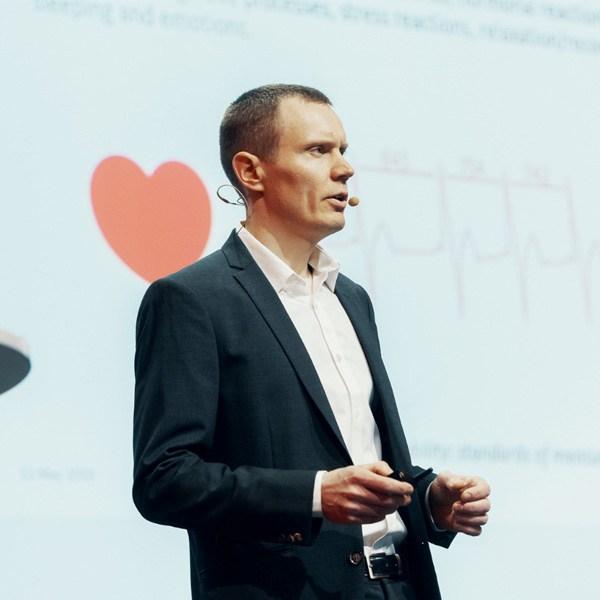
Firstbeat uses HRV to give an accurate representation of daytime and overnight recovery during using the Firstbeat Lifestyle Assessment. This is based on a layered scientific approach alongside laboratory and real-life HRV data collection. The end result helps individuals make changes to their routine that benefit their health and well-being.
Henri Tuomilehto of Coronaria Sleep Clinic
Sleep has three main tasks; providing energy, enhancing memory, and boosting learning. A failure to get enough sleep can inhibit innovation, lead to a failure to complete tasks effectively and limit performance due to reduced energy resources.
Half of us are tired during the working day and people are sleeping worse now than in the past. To turn around this trend, it is important to respect the importance of sleep and educating people on the benefits and impact of good sleep is paramount in order to achieve this.
Monitoring sleep can reveal the reality of overnight recovery to those who are suffering from poor sleep or sleep disorders for whom their current state has become ‘normal’. Find out how Firstbeat can help monitor your recovery.
Kasper Janssen of Nap@Work
When sleep deprived, a 10-minute powerap can improve cognitive performance and reduce fatigue by three hours. Evidence from the sporting world has shown powernaps to have a positive effect on recovery, alertness, responsiveness, mood, and specific physical performance in athletes.
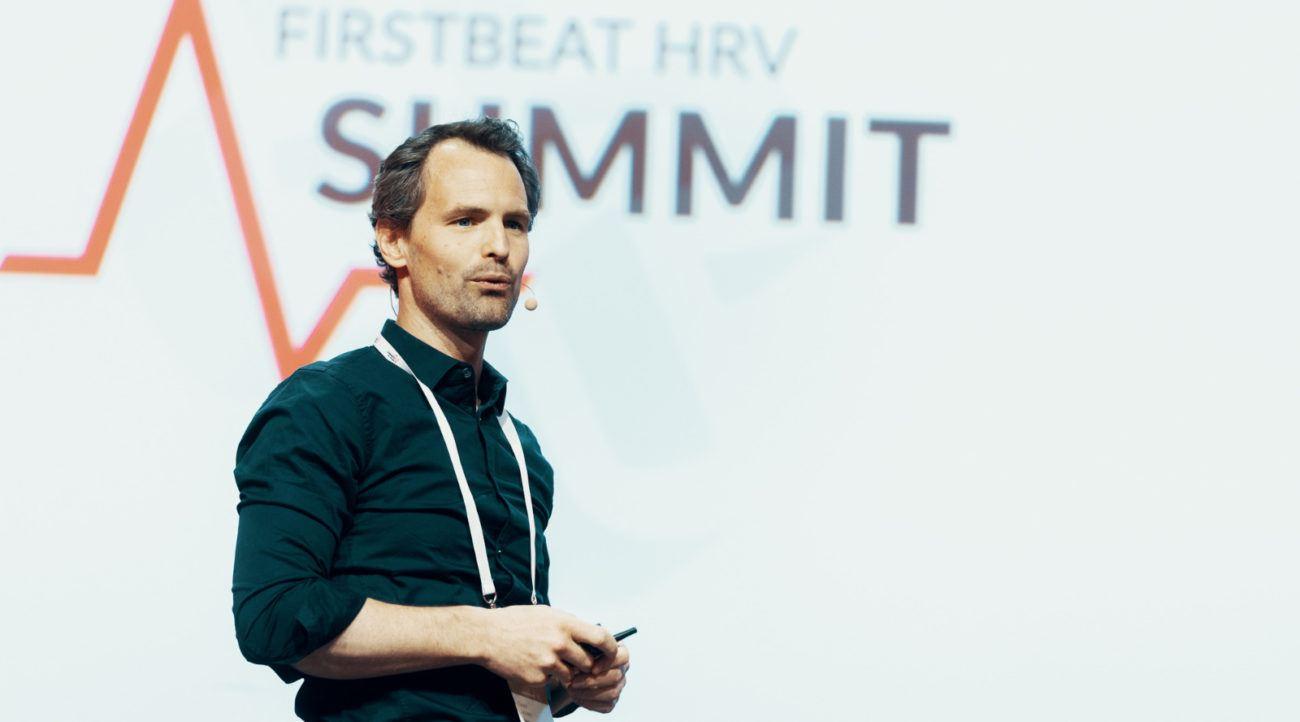
The optimal powernap should last for 10-25 minutes. This allows for light sleep only which boosts alertness and reduces fatigue after waking. A 30-70-minute nap is not conducive to good recovery as it leads to deep sleep and can leave you feeling jet-lagged for 30-45 minutes after waking. A full-cycle nap of 70-90 minutes is comparable to ‘sleep extension’ and is growth hormone inducing – ideal for athletes seeking to recover from and for training.
Sampsa Puttonen of the Finnish Institute of Occupational Health
Work stress and work times are the two main risks to recovery and health. The modern 24/7 society of irregular working hours, shift work, long working days and stress at work contributes to psychosocial stress. Acute psychosocial stress disturbs recovery during sleep.
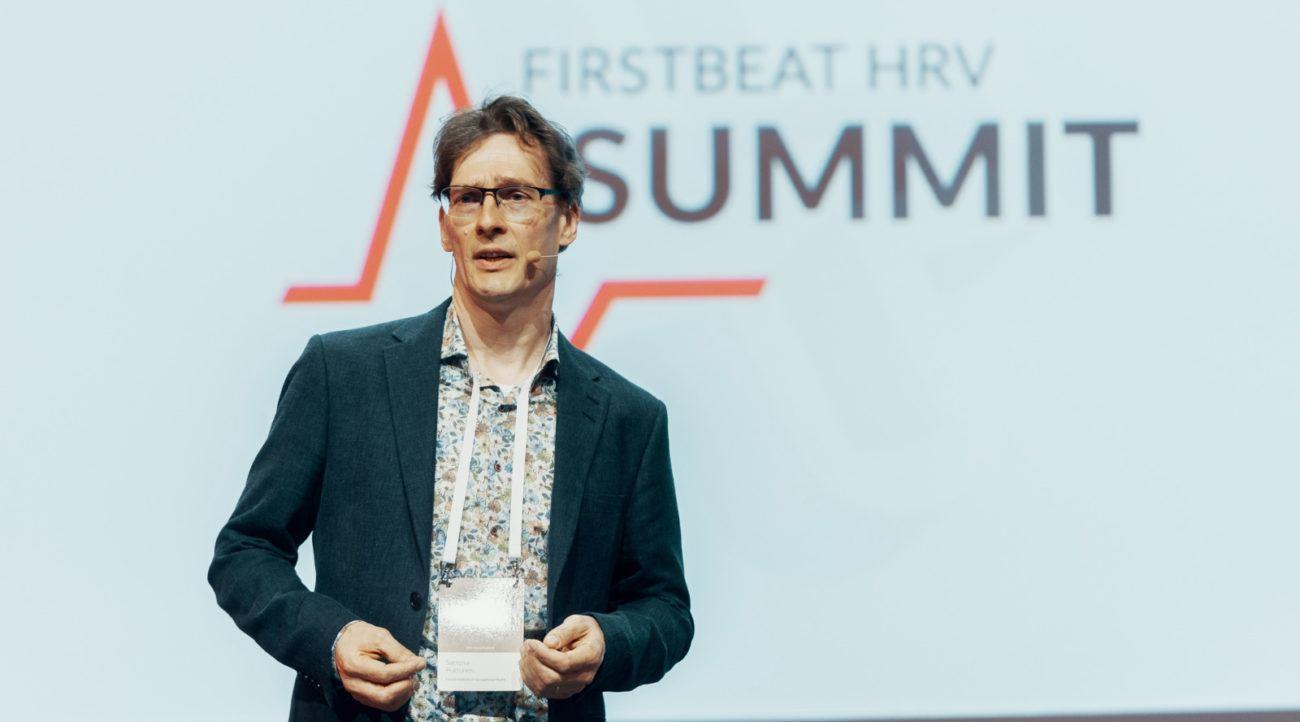
A multi-faceted approach is required to deal with these risks. This is made up of; Organization-level actions (e.g. adapting shift patterns, length, predictability, and intensity of working hours), individual, employee-level prevention and interventions (e.g. Cognitive Behavior Therapy), and personalized feedback including technological solutions that identify contributing factors and support employees, alongside unobtrusive measures to follow the effects of individual actions.
Are you looking for a way to improve health and well-being in the workplace?
You might also be interested in

Reflections on Sleep: Keeping Things in Perspective & Moving Towards A Better Snooze
Sleep is hugely important for good health and performance. It’s a key cornerstone of wellness that needs to be taken seriously both at societal and individual level.
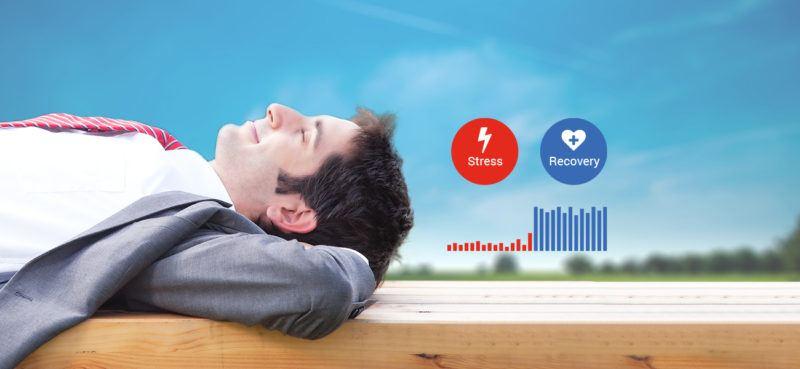
At the Heart of Stress and Recovery
Stress can be defined as a situation where the demands that a person is faced with are greater than the available resources. Stress can also be described as the body’s physical and mental adaptation to real or perceived change.
